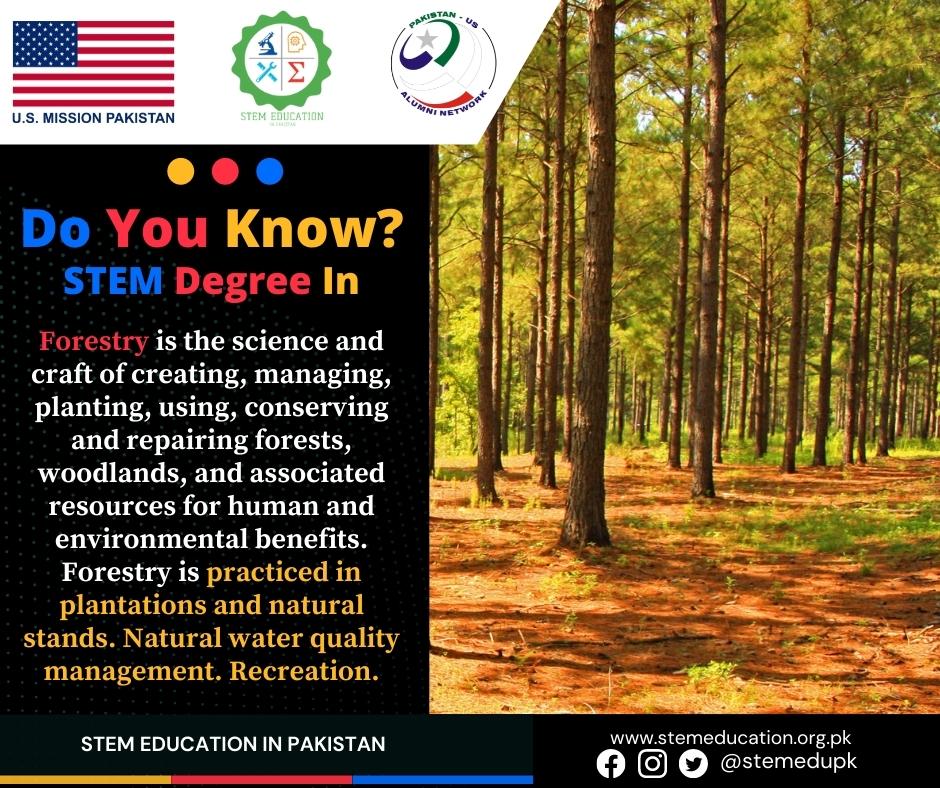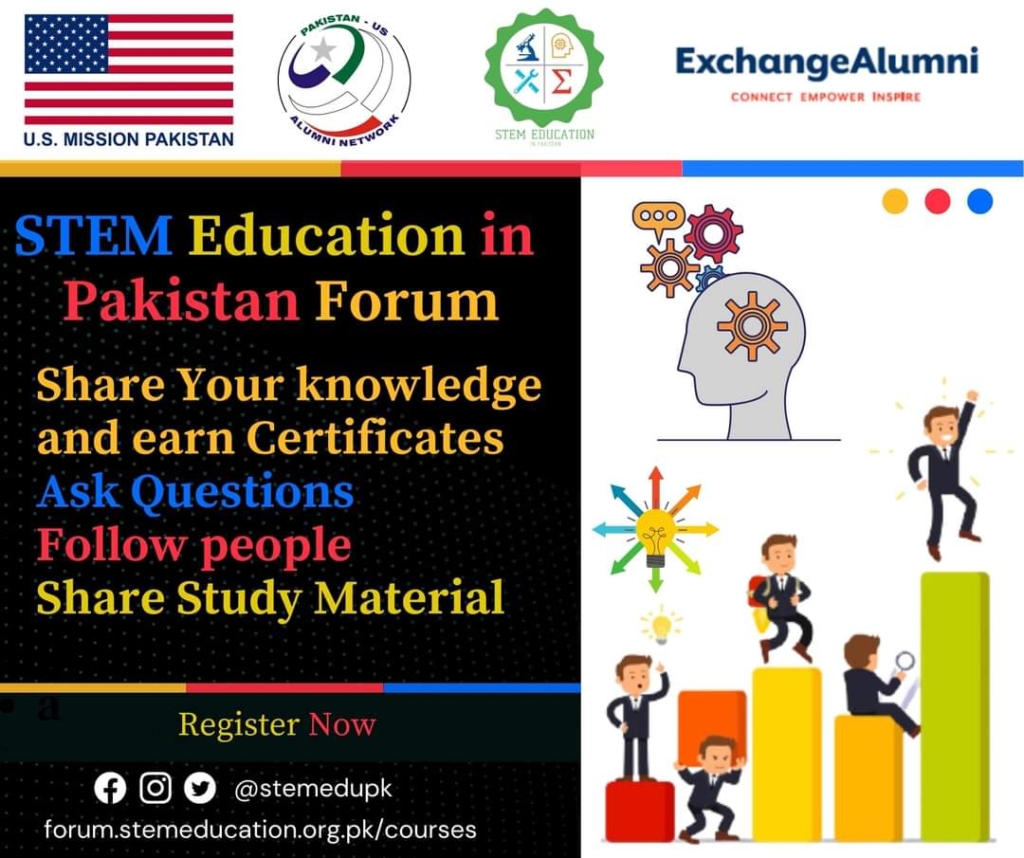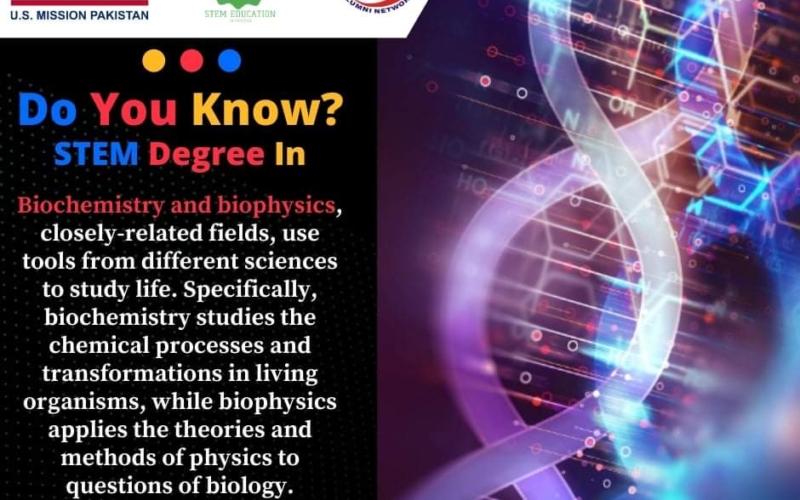By: Shehneela Mazhar
Abdul Ali, a Global Undergraduate Program Spring 2020 alumnus from Sadiqabad, Pakistan, carried out an Alumni Small Grant (ASG) project on “Reappraising Girls Education via STEM”. The project aimed to encourage girls in underprivileged areas of Pakistan to pursue STEM education and develop STEM skills.

The project was implemented over a period of 12 weeks and involved a team of four PUAN alumni. The team created a website and social media pages to share information about STEM education and career opportunities in STEM fields. They also conducted workshops and online courses to teach STEM skills to girls.

Abdul’s passion for spreading awareness about STEM education stemmed from his firm belief that the future belongs to STEM. He envisioned these fields as the driving force behind solving real-world challenges like climate change and economic upliftment, with critical thinking and creativity as their recipe. However, his journey was rooted in a deeper rationale.
In a society where certain educational opportunities are often denied to girls, Abdul recognized the dire need to bridge this gap. He noticed that STEM education, the very core of innovation and progress, was largely ignored, particularly for young girls in underprivileged areas. This was the genesis of his project, fueled by the desire to break stereotypes and inspire change.
Collaborating with the Pakistan-U.S. Alumni Network (PUAN) and the U.S. Mission, Abdul’s project received the backing it needed. Their support wasn’t just financial; it was a testament to the significance of Abdul’s endeavor. With the Alumni Small Grant program as his launchpad, Abdul addressed the systemic inequality that hindered girls from accessing education that could empower them to lead, innovate, and reshape their futures.
Through the project’s implementation, Abdul achieved significant milestones. With direct beneficiaries totaling 115 (15 male and 100 female) and an astounding 11,000 indirect beneficiaries (1,000 male and 10,000 female), his efforts rippled through communities. Collaborating with the Pakistan-U.S. Alumni Network (PUAN) and the U.S. Mission, Abdul’s project received support and guidance, and he felt like he was conversing with friends who shared his vision.
The impact of Abdul’s project was best captured through the words of its beneficiaries. Ammar Zareef, a 23-year-old from Rahim Yar Khan, shared, “STEM education now allows me to think critically and creatively. I never knew such a remarkable field existed.” Similarly, Misha Ali, a 19-year-old from the same city, expressed, “STEM education unites diverse fields to innovate solutions. We now collaborate under the STEM umbrella.”
Abdul’s project didn’t just spread awareness; it fostered hope and ignited ambition among those who had been overlooked. His endeavor was a testament to the potential that lies within every individual when given the tools and opportunities to thrive. As Abdul’s project illuminated the path toward an equitable and progressive future, it also underscored the importance of collaborative efforts to bring about lasting change. Through his ASG project, Abdul Ali did more than reappraise girls’ education via STEM; he sowed the seeds of empowerment, nurturing a generation equipped to tackle tomorrow’s challenges.

